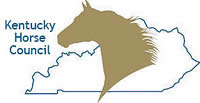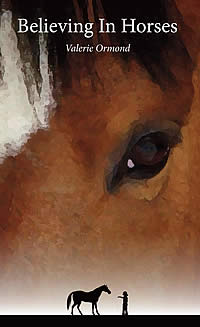
Lexington, KY, June 24, 2011 – Four years ago a myriad of events led to an increase in unwanted horses. “Unwanted horse” is a loose term that defines every horse which does not have a purpose, including horses that are owned and cared for but are actually unwanted, those whose owners are neglectful, and abandoned horses.
Reports of hundreds of abandoned horses running loose on strip mines and in communities found their way into popular press and the internet. Likewise, images of emaciated horses have been top news stories in Kentucky and around the country. Is the situation as bad as some portray? How do you separate the myth from reality? Is there really anything that can be done? How do the incidents of unwanted horses affect the average horse owner?
At the July 19th KENA (Kentucky Equine Networking Association) dinner meeting, a panel of experts will provide insight into the blight of Kentucky’s unwanted horses. Presenters include: Dr. Bob Stout, Kentucky State Veterinarian; Dr. David Fugate, West Liberty Veterinary Clinic; Lori Neagle, Kentucky Equine Humane Center; and Earl Hatter, Kentucky Animal Care and Control Association.
“The Kentucky Horse Council has worked extensively with the Department of Agriculture, Veterinary Medical Association, Equine Rescues, and Animal Control Agencies to develop programs that address the needs of unwanted horses. Through coordinated efforts, we have learned a great deal about the extent of the problem and the challenges in finding workable solutions. Unwanted horses aren’t someone else’s problem – they are a concern for all facets of the Kentucky equine community,” explained Anna Zinkhon, Kentucky Horse Council (KHC) President.
Continue reading Unwanted Horses: Why We Still Have Them & How It Affects You
